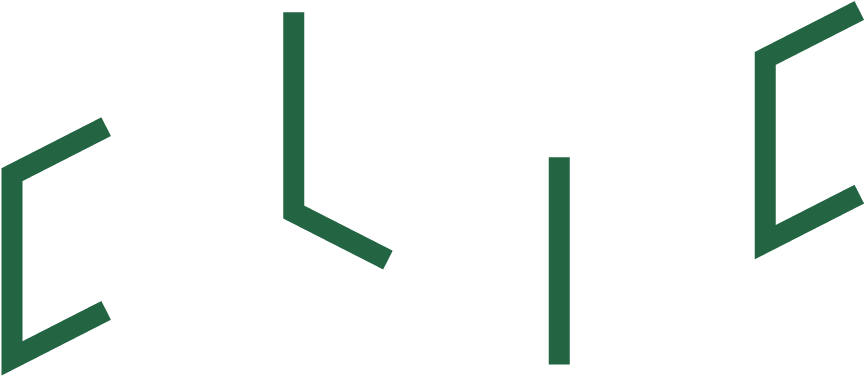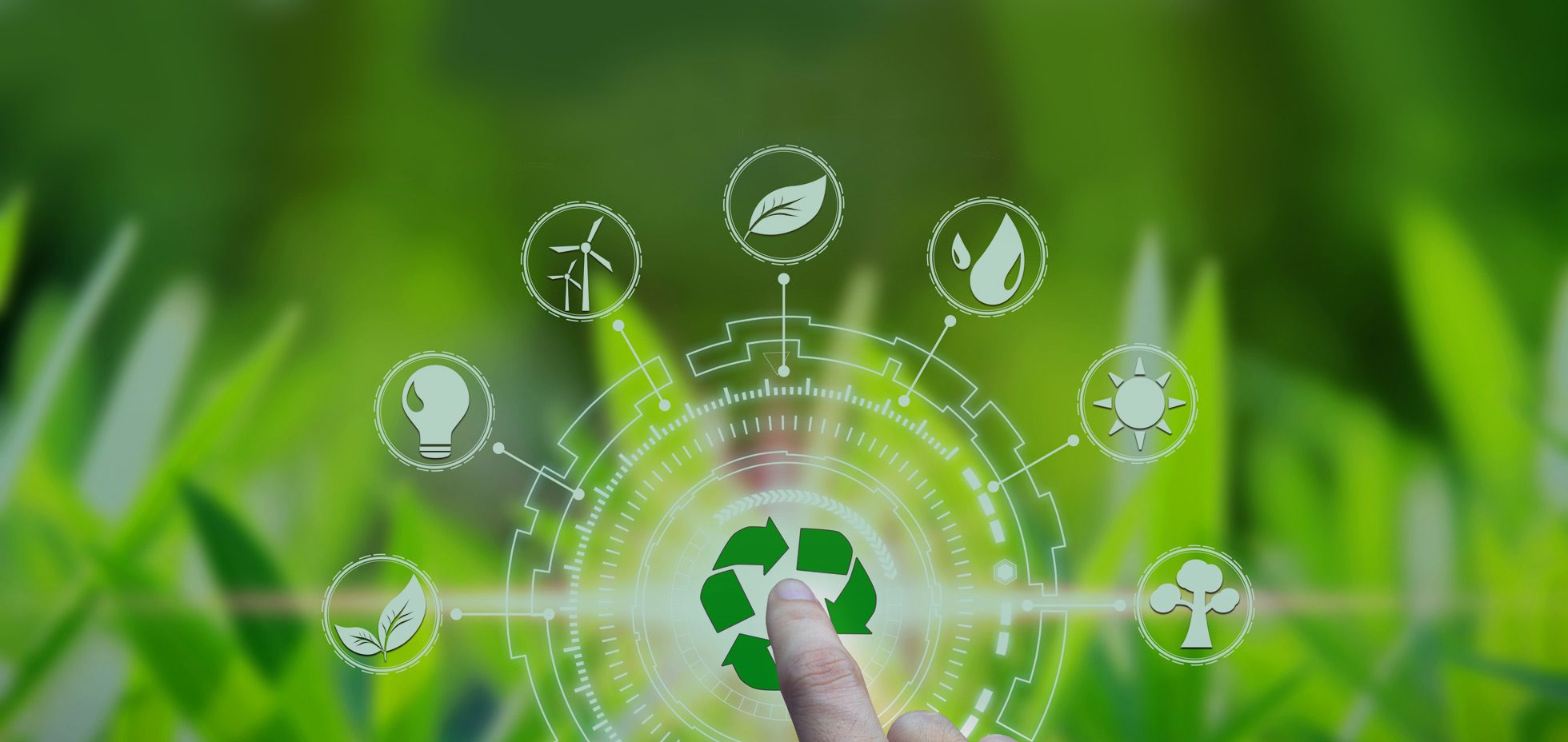Dear partner,
We have developed our yearly ProjectBooster process according to feedback from our customers. The target is to have more efficient, transparent and clear process to create and build new projects. Our common goal is to develop more projects with more impact in selected themes.
In the future our ProjectBooster process will consist of three phases:
Workshop 1: Pitching event for research institutions and academia. Pitching on Thursday 14.5. at 10 – 15 (this time thru Teams connection). The themes for pitching event have been selected in advance with partner companies (see below five themes).
Research institutions can register to present their own ideas for research for the selected themes via Webropol. Once registered for pitching, we will send further instructions for pitching. We recommend research institutions to form research consortias whenever possible for the same pitch.
Those attending from the companies can register by accepting the calendar invitation, which is sent separately (invitations can be forwarded within the organization).
Workshop 2: first project preparation workshop. Friday 5.6. at 10 -15 (Teams meeting unless otherwise informed). Separate invitations will be sent by project theme.
Workshop 3: second project preparation workshop.Thursday 20.8. at 10 – 15 (Eteläranta 10). Separate invitations will be sent later.
———————————————————————————-
The five themes for this spring have been selected as follows and new openings are searched for each of them:
1) Green and efficient production of hydrogen and cost-efficient utilization of CO2
2) Electrification and energy efficiency improvement of industrial processes
3) Circular economy of water in industrial processes
- Focus on industrial wastewaters in forest, chemical, mining and energy industry
- Digital tools to support industrial water management
- Future EU legislation, implications in Finland
- Requirements for water qualifications in closed loops and technologies to reach these targets
- Modelling of water circulation
- Economically and environmentally acceptable extraction and utilisation of nutrients
- Online measurement and new analytics for difficult water streams
- LCA and modern chemometrics to support water management process
- Challenges of micropollutants and microplastics to measurement and analytics – Cross-industrial solutions
- Understanding potential of biological wastewater treatment methods
- Integration of biological, mechanical and chemical water treatment methods
- Radical new technologies to support synergies between industries (eg. reject or water from industry 1 could be used by industry 2)
4) Biobased binders:
-
- New to market biobased binder alternatives and approaches that are focused on coating and barrier applications or on adhesives for wood products.
- Preferably wood-based alternatives (non-food competing) with limited amount of chemical modifications
- Product performance, raw material availability and applicability i.e. technical and economical feasibility are important points of view. Keep in mind the application specific regulatory matters.
- Ecodesign aspects should be also taken into account (e.g. biodegradability, recyclability, LCA).
5) Development of biocomposites and their recycling:
-
-
- Processing:
- New materials, their combinations and novel modification methods
- Tailored and optimal processing of materials and material combinations including development of measurements, modelling and equipments
- Performance:
- Increasing the functionality of natural fibre composites
- Development of design and planning tools to match the natural fibre composites properties with its end-use requirements
- Development of bio-based coupling agents (compatibilizer)
- Circularity:
- Development of recycling routes and technologies for natural fibre composites
- Use of recycled materials and recovered bio-based compounds as raw material for natural fibre composites
- Crosscutting topics:
- Regulatory affairs including future outlook and influence
- Scientific proof of Life Cycle Assessment (LCA) components and carbon neutrality
- Material safety in applications (e.g. food)
- Processing:
-
Research organizations are requested to register via Webropol link no later than 6th of May (link will be available soon).
ProjectBooster service is available for all the CLIC partners paying the yearly service fee.
Kind regards,
CLIC Innovation team
More information about ProjectBooster: tiina.laiho@clicinnovation.fi
More information about 4Recycling ecosystem project https://clicinnovation.fi/project/4recycling/


